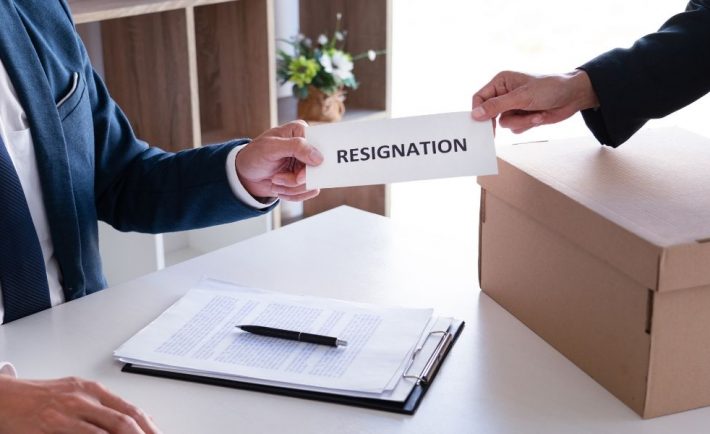
Leaving a company on shaky terms can have long-term consequences, such as being shunned by other firms in your field or harming your professional image.
In Singapore, many industries are pretty small. It can be damaging to your next application process if people realize that you left your last job badly and on a sour note, or that you are quitting a freshly obtained position.
Here’s how to quit your job properly.
Set a meeting
A courteous approach is to set up a meeting with your superior. Managers are frequently packed, so emailing them a well-crafted meeting request in advance will assist you in setting up a swift meeting. Request a time slot on their schedule so you may speak with them face-to-face. Instead of quitting over an email, it’s best to have an honest chat.
Have your speech ready

Image Credits: unsplash.com
Organize your thoughts, then make a list of whatever you need to say to your boss before reading them aloud. This gives you an indication of how much time you will need to chat, which you will need to know when scheduling your meeting’s duration. Having prepared your speech also aids you in determining whether you require the participation of a third person in your discussion, such as an HR manager to assist you with an assertion.
Serve your required notice
A month is the typical notice period you should give a company before leaving. If you’ve entered an employment agreement, though, be sure you’re following any notice requirements. You may be content to remain longer than the standard one-month timeframe, based on your availability, more so if your new work doesn’t commence immediately. Whatever amount of notice you give, make sure you notify your organization as quickly as feasible and include your last day in your letter of resignation.
Do a proper handover before you leave

Image Credits: unsplash.com
After notifying your workplace of your departure, you will most likely have some time remaining in your position before you formally leave. You should finish existing work and assignments and discuss with your manager to identify who should take over your current projects.
Keep track of your daily routines, where you’ve stored records in a database, and other relevant details that will help the next person taking over. This will guarantee a seamless transition for the new hire that takes your place. Your coworkers will also appreciate your professionalism if they have to be the ones who will share your workload for the time being.
Your business connections may help you find new possibilities in the future, and the way you leave a company creates a lasting impact. On your exit, don’t say anything negative about your boss. Make an effort to leave a favorable lasting impression, not just because it’s the respectful thing to do, but also because it can lead to chances down the road. You could end up working for the same firm, with the same coworkers, or for the same employer next time, so leave on a good note.





